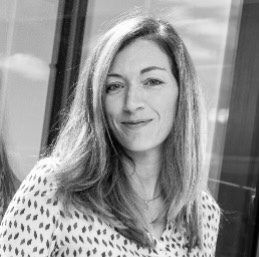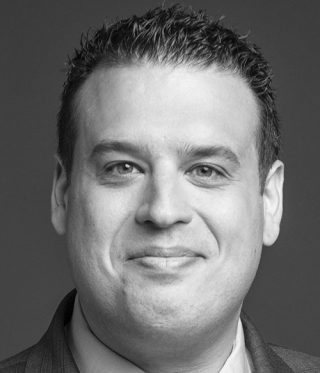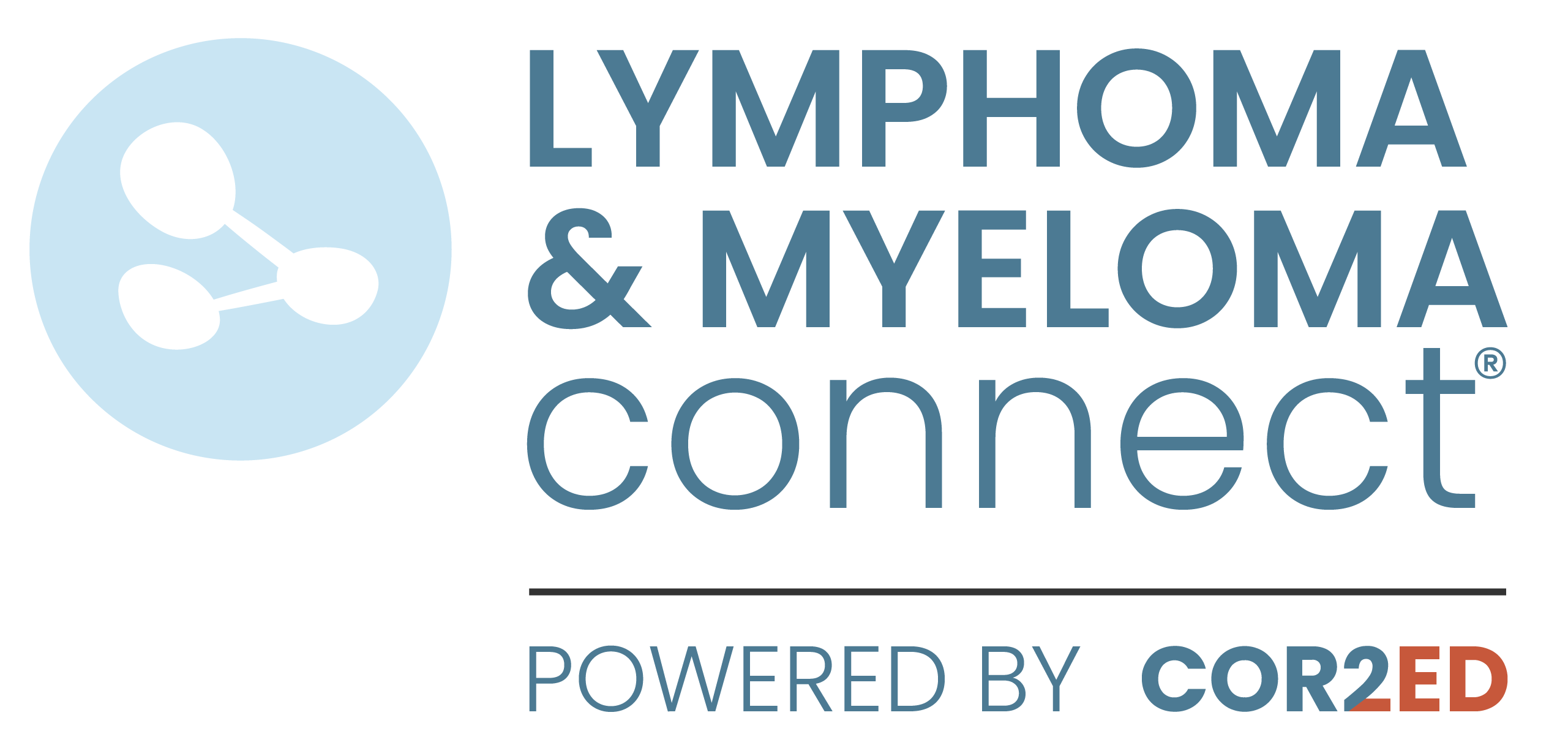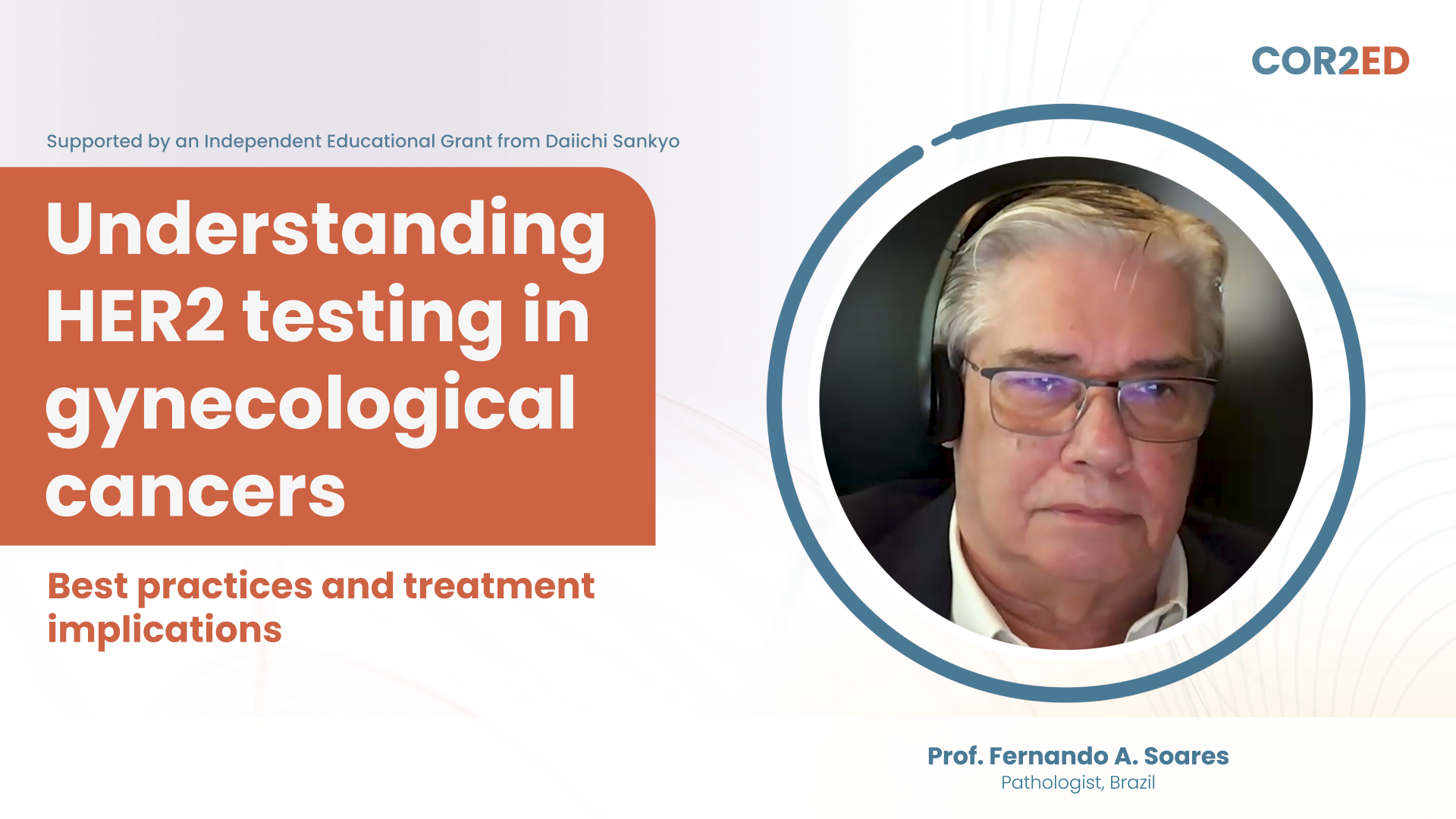In a recent interactive webinar, renowned experts Prof. Aurore Perrot, Prof. Hermann Einsele, Assoc. Prof. Karthik Ramasamy and Assoc. Prof. Joshua Richter discussed the challenges of optimising treatment for early relapsed/refractory multiple myeloma (RRMM), exploring current treatment options and sharing insights from clinical practice.
Watch the on-demand video to hear the medical experts discuss:
- Current treatments for early RRMM: Linking mechanism of action to efficacy
- Best practices in combining and sequencing therapies for optimal outcomes in early RRMM
- Insights from clinical practice on how to manage tolerability and safety
The event concluded with speakers and participants engaging in patient case study discussion and Q&A to address pressing questions.
Clinical takeaways
- Myeloma is a continually evolving field with modern day induction regimens yielding near 100% response rates in the front-line setting with typically durable remissions
- This has been achieved through triplets and quadruplets comprised of the 3 classic MOAs: IMiD, PI, mAb
- In the relapsed/refractory space it is important to embrace novel MOAs/targets to optimally manage recurrent disease: XPO1, BCMA, GPRC5d
- T-cell health is an important long-term consideration for patients to maximise efficacy of T-cell redirection therapy
- Treatments that are T-cell-sparing, such as XPO1 inhibitors and IMiDs, have the potential to preserve T-cell health







 Downloadable
Downloadable  20 MIN
20 MIN
 Feb 2026
Feb 2026 






